Description
For info and a entire listing of necessities and pointers for attainment, please reference the VMware Education Services
– Certification website.
Minimally Qualified Candidate
The Minimally Qualified Candidate has a running understanding of the VMware Workspace ONE platform. The MQC installs, configures, manages, maintains, and plays simple troubleshooting of VMware Workspace ONE and associated answers the usage of publicly to be had documents. The MQC 2V0-62.21 Questions is informed of software, infrastructure design, and implementation. The MQC is acquainted with general running structures throughout devices, productiveness applications, and technology associated with Workspace ONE configuration. The MQC has at the least 6 months of standard IT revel in and normally 6 months of VMware revel in putting in and configuring the Workspace ONE platform. The MQC have to have all of the understanding contained withinside the VCP-Digital Workspace examination blueprint.
Exam Sections
VMware examination blueprint sections at the moment are standardized to the seven sections below, a number of which may also NOT be protected withinside the very last examination blueprint relying at the examination goals.
Section 1 – Architecture and Technologies
Section 2 – Products and Solutions
Section 3 – Planning and Designing
Section 4 – Installing, Configuring, and Setup
Section 5 – Performance-tuning, Optimization, and Upgrades
Section 6 – Troubleshooting and Repairing
Section 7 – Administrative and Operational Tasks
If a segment does now no longer have testable goals on this model of the examination, it’ll be mentioned below, accordingly. The goal numbering can be referenced on your rating document on the stop of your trying out occasion for similarly coaching have to a retake of the examination be necessary.
Sections Included on this Exam
Section 1 –Architectures and Technologies
Objective 1.1 – Differentiate and illustrate the variations among bodily structure and logical structure
Objective 1.2 – Differentiate among cloud computing and on-prem unified endpoint control
Objective 1.3 – Differentiate among endpoint running structures in addition to diverse producer variations
Objective 1.4 – Describe and outline identification and get right of entry to control principles
Objective 1.5 – Differentiate among conventional control and current control
Objective 1.6 – Explain authentication techniques (2 element authentication, Kerberos, Identity Chain, SAML, SAML Transformation, Mobile SSO, etc.)
Objective 1.7 – Describe protection principles in terms of endpoint control (DMZ, Zero Trust, authentication, authorization, etc.)
Section 2 –VMware Products and Solutions
Objective 2.1 – Describe UEM + Access additives and sub-additives (AirWatch Cloud Connector, Workspace ONE Access Connector, Workspace ONE Assist, UAG, ENS, AWCM, LTE Connector, VMverify, Intelligent Hub, Drop-ship (Factory) Provisioning, etc.)
Objective 2.1.1 – Describe AirWatch Cloud Connector capabilities and functions
Objective 2.1.2 – Describe Workspace ONE Access Connector capabilities and functions
Objective 2.1.3 – Describe Workspace ONE Assist capabilities and functions
Objective 2.1.4 – Describe UAG capabilities and functions
Objective 2.1.5 – Describe ENS capabilities and functions
Objective 2.1.6 – Describe AWCM capabilities and functions
Objective 2.1.7 – Describe LTE Connector capabilities and functions
Objective 2.1.8 – Describe VMverify capabilities and functions
Objective 2.1.9 – Describe Intelligent Hub capabilities and functions
Objective 2.1.10 – Describe Drop-ship (Factory) Provisioning) capabilities and functions
Objective 2.2 – Differentiate and fit use case for VMware products
Objective 2.3 – Explain VMware nice practices while the usage of VMware products
Objective 2.4 – Identify and describe Workspace ONE applicable Disaster Recovery, HA, Scalability (UEM, Access, AirWatch Cloud Connector, Workspace ONE Access Connector, UAG, etc.)
Objective 2.5 – Explain Workspace ONE Intelligence, dashboard, custom reports, sensors, etc.
Objective 2.6 – Explain Unified Access Gateway Workspace ONE Edge Services
Objective 2.7 – Explain use instances for Workspace ONE SDK
Objective 2.8 – Explain the use case for Windows 10 Modern Management transformation and migration (Workspace ONE Airlift)
Objective 2.9 – Describe computer control use instances apart from Windows
Section 3 – There aren’t anyt any testable goals for this segment
Section 4 – Installation, Configuration, and Setup
Objective 4.1 – Identify infrastructure necessities (minimums, maximums, and advocated sizing necessities, OS model guide, database versions, e-mail infrastructure, listing services, etc.)
Objective 4.2 – Install and configure Workspace ONE additives
Objective 4.2.1 – Install and configure UEM additives
Objective 4.2.1.1 – Configure Android Enterprise
Objective 4.2.1.2 – Configure Apple tool enrollment and bought content material control
Objective 4.2.1.3 – Configure Certificate Authority Integration
Objective 4.2.1.4 – Configure Mobile Email Management (PowerShell integration, SEG, G-Suite, Office 365, Microsoft eXchange)
Objective 4.2.1.5 – Install and configure ACC
Objective 4.2.2 – Install and configure Access additives (connectors, UAG)
Objective 4.2.3 – Configure UAG Edge Services (Tunnel, SEG and Content Gateway)
Objective 4.2.4 – Configure Directory Services (customers and groups)
Objective 4.2.4.1 – Configure and take a look at Active Directory connection
Objective 4.2.4.2 – Import Active Directory customers and groups
Objective 4.3 – Configure branding for administrative consoles
Objective 4.4 – Configure Hub services
Objective 4.4.1 – Configure branding
Objective 4.4.2 – Configure catalog
Objective 4.4.3 – Configure humans search
Objective 4.4.4 – Configure notifications
Objective 4.4.5 – Configure custom tab (homepage)
Objective 4.4.6 – Configure guide tab
Objective 4.4.7 – Configure templates
Objective 4.4.8 – Configure new rent welcome
Section 5 – There aren’t anyt any testable goals for this segment
Section 6 – Troubleshooting and Repairing
Objective 6.1 – Understand the diverse logs and their purpose
Objective 6.2 – Detect networking misconfigurations (DNS, NTP, etc.)
Objective 6.3 – Identify endpoint enrollment and control non-connectivity
Objective 6.4 – Identify stop-consumer authentication failures
Objective 6.5 – Use console to remedy tool misconfigurations
Section 7 – Administrative and Operational Tasks
Objective 7.1 – Configure and manipulate tool profiles for cell and computer endpoint OS
Objective 7.2 – Configure and manipulate certificates authority and certificates templates
Objective 7.3 – Manage Assignment Groups and Organization Groups
Objective 7.4 – Add and manipulate Accounts (customers, admins, groups)
Objective 7.5 – Add, assign, and manipulate Resources
Objective 7.6 – Add, assign, and manipulate Content
Objective 7.7 – Configure and manipulate Email rules
Objective 7.8 – Configure and manipulate Compliance rules for cell and computer endpoints
Objective 7.9 – Perform tool control on tool endpoints
Objective 7.10 – Add and Manage SaaS, Web Applications on Workspace ONE Access
Objective 7.11 – Configure and manipulate connectors
Objective 7.12 – Manage UEM reporting
Objective 7.13 – Manage consumer and admin get right of entry to on Workspace ONE Access Console
Objective 7.14 – Add and manipulate conditional get right of entry to, get right of entry to coverage in Workspace ONE Access Console Objective 7.15 – Manage authentication techniques in Workspace ONE Access
Objective 7.16 – Configure privateness and protection controls
Objective 7.17 – Create custom reports (Workspace ONE Intelligence)
Objective 7.18 – Configure and manipulate API settings
Objective 7.19 – Configure and manipulate automation, dashboard, and widget
Who this path is for:
Professional VMware Workspace ONE 21.X
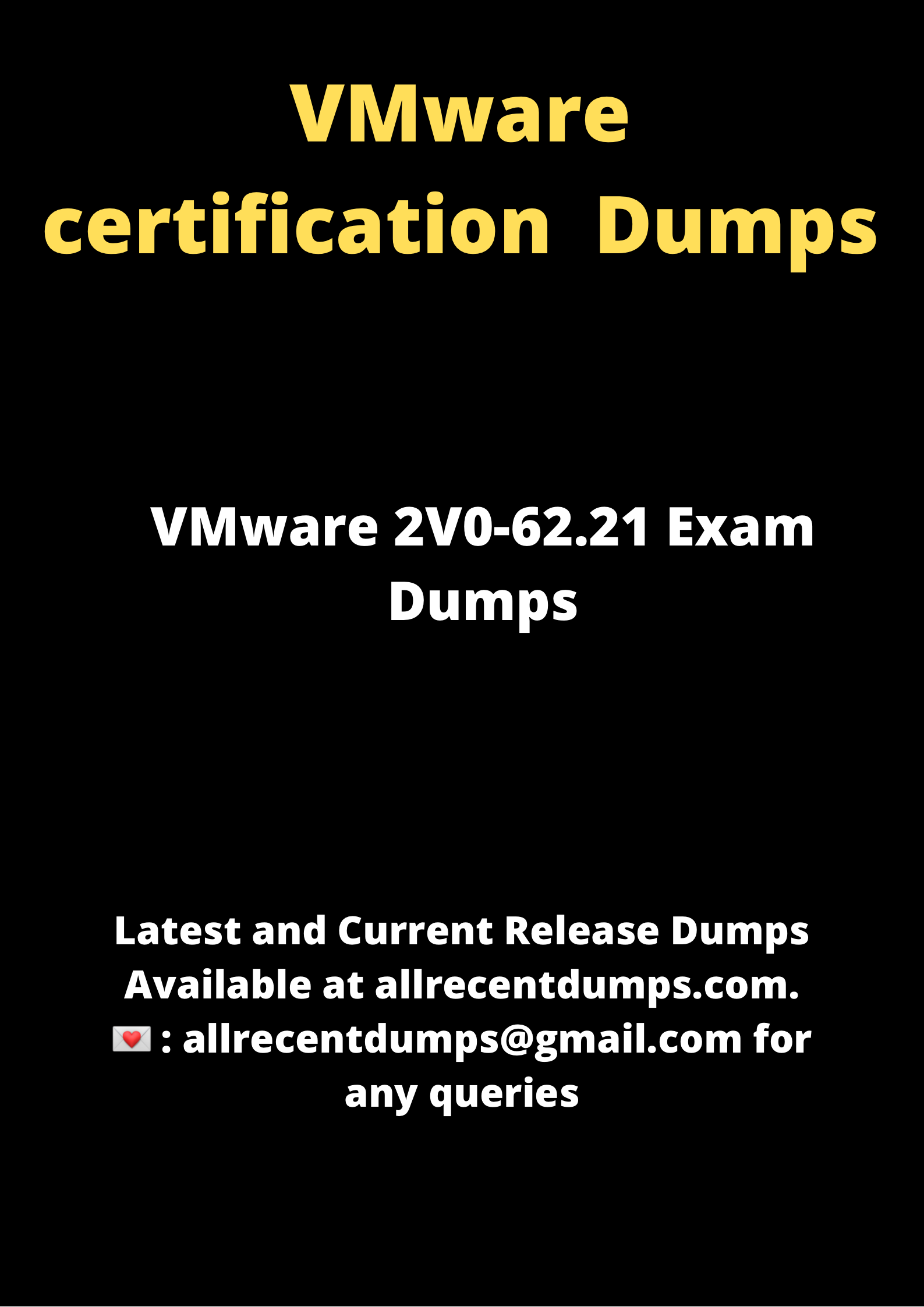
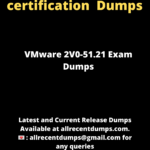
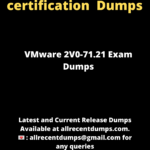
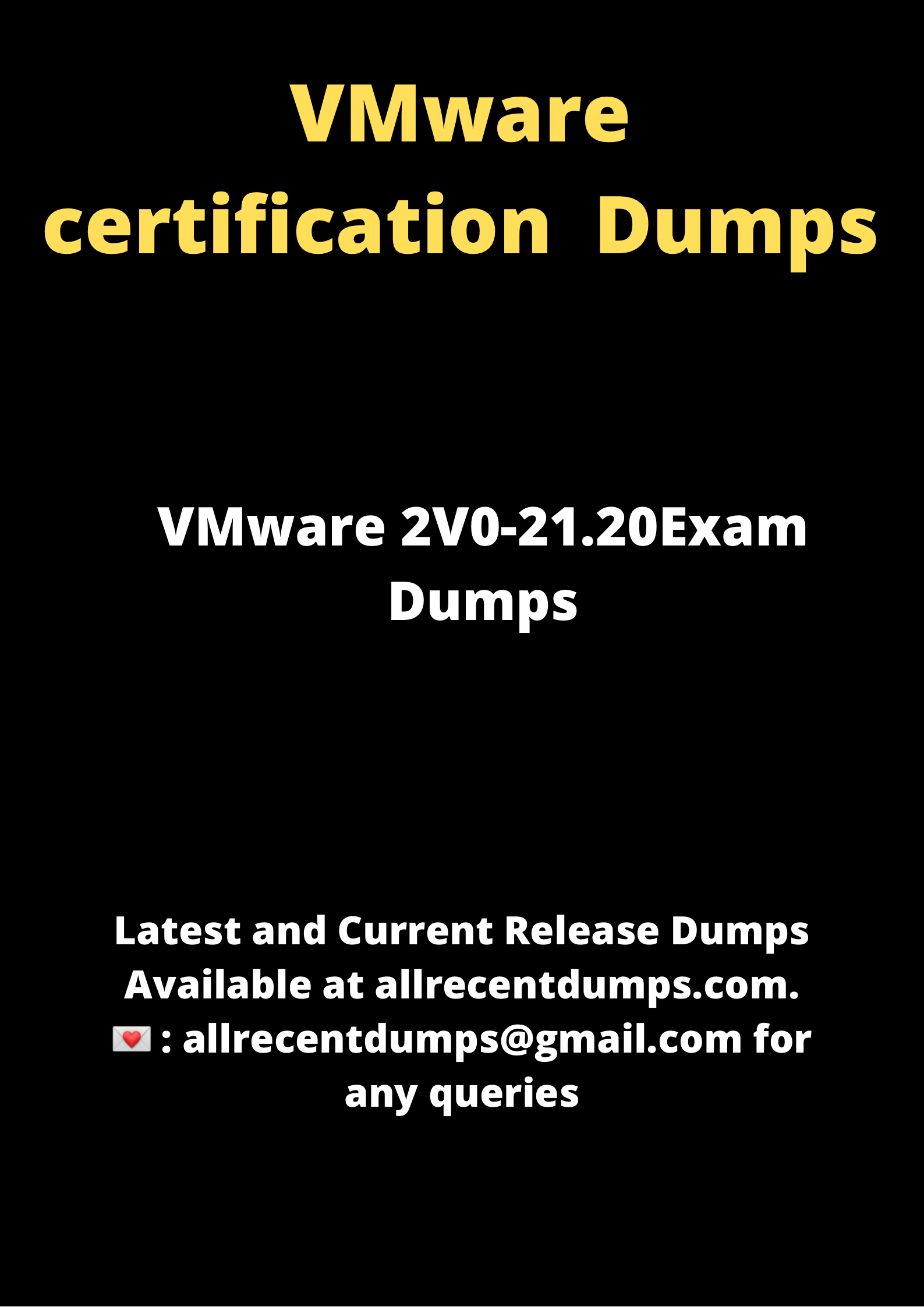
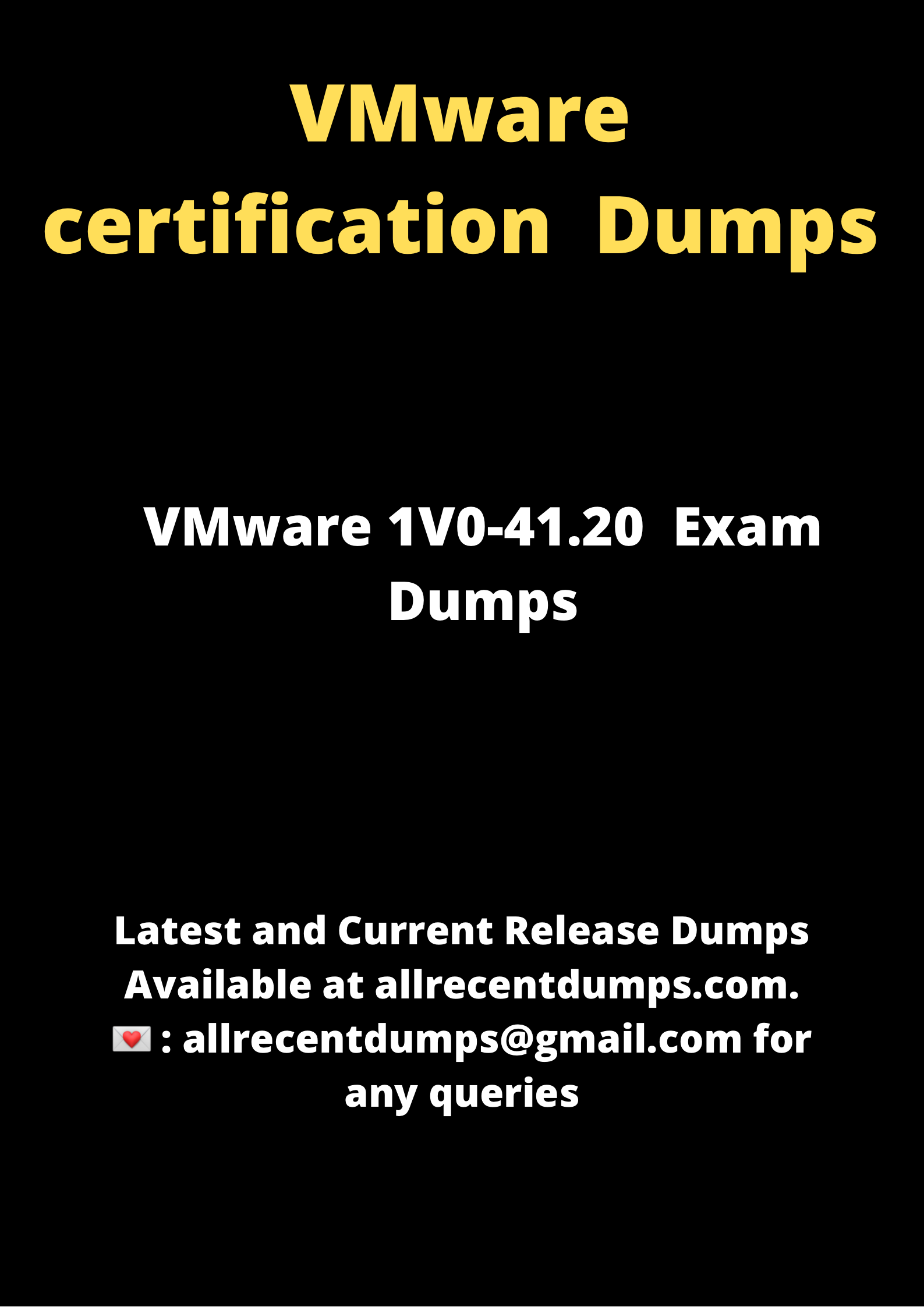
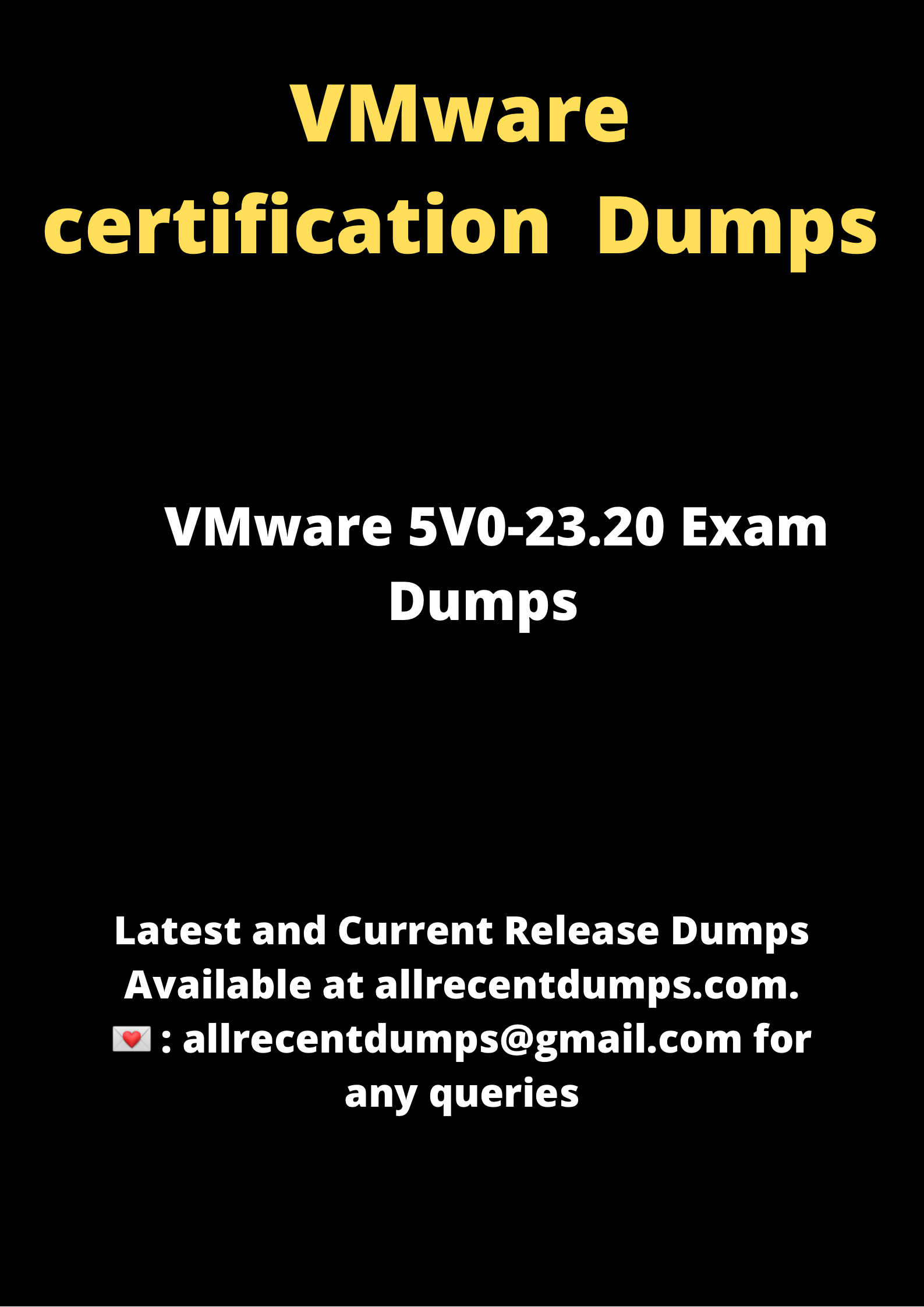
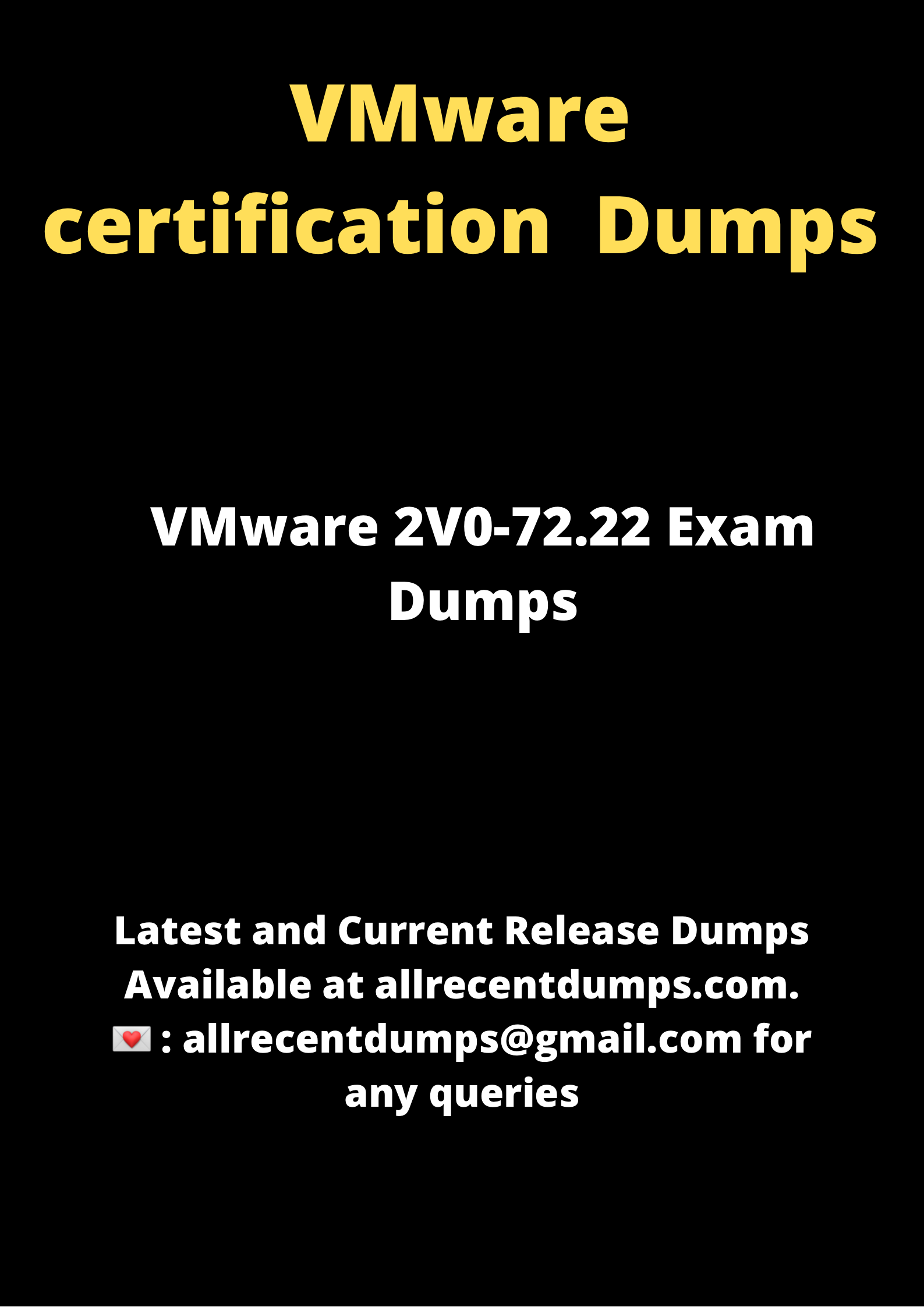
Reviews
0.0 Average Rating Rated ( 0 Review )
There are no reviews yet.